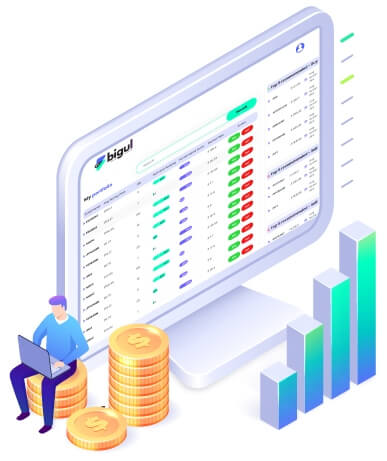| Aspect |
Sovereign Gold Bonds (SGBs) |
Physical Gold |
Gold ETFs |
Fixed-Income Securities |
| Ownership |
Ownership of bonds representing gold |
Ownership of physical gold bars or coins |
Ownership of units in gold-backed ETFs |
Ownership of debt securities issued by government or corporations |
| Liquidity |
Moderate liquidity, tradable on exchanges but subject to market conditions |
Lower liquidity, needs to be sold through dealers or jewellers |
High liquidity, traded on stock exchanges like stocks |
High liquidity, traded on bond markets |
| Storage and Security |
No storage required, stored electronically by RBI |
No storage required, stored electronically by RBI |
No storage required, held in dematerialized form |
No physical storage required |
| Transaction Costs |
Minimal brokerage fees and transaction costs |
May include fabrication charges, making charges, and dealer fees |
Brokerage fees and expense ratios apply |
Minimal transaction costs |
| Minimal transaction costs |
Offers interest income along with potential capital appreciation |
Dependent solely on changes in gold prices |
Returns depend on gold price movements |
Typically offer fixed interest rates |
| Taxation |
Tax on interest income, capital gains tax exempt on redemption |
Taxable as per capital gains tax rules |
Taxable as per capital gains tax rules |
Taxable as per capital gains tax rules |
| Risk |
Market risk, liquidity risk, interest rate risk |
Market risk, liquidity risk, interest rate risk |
Market risk, liquidity risk, interest rate risk |
Market risk, credit risk, interest rate risk |
| Accessibility |
Open to all resident individuals, HUFs, trusts, universities, and charitable institutions |
Accessible to individuals, but physical storage may be a barrier |
Accessible through stock exchanges, requires a demat account |
Accessible to all types of investors |
| Transparency |
Transparent pricing based on prevailing market rates |
Transparent pricing based on prevailing market rates |
Transparent pricing based on NAV |
Transparency in interest rates and credit ratings |
| Convenience |
Easy subscription and redemption process through banks, post offices, and stock exchanges |
Requires physical handling and storage |
Requires physical handling and storage |
Easy to buy and sell through brokers or financial institutions |

















